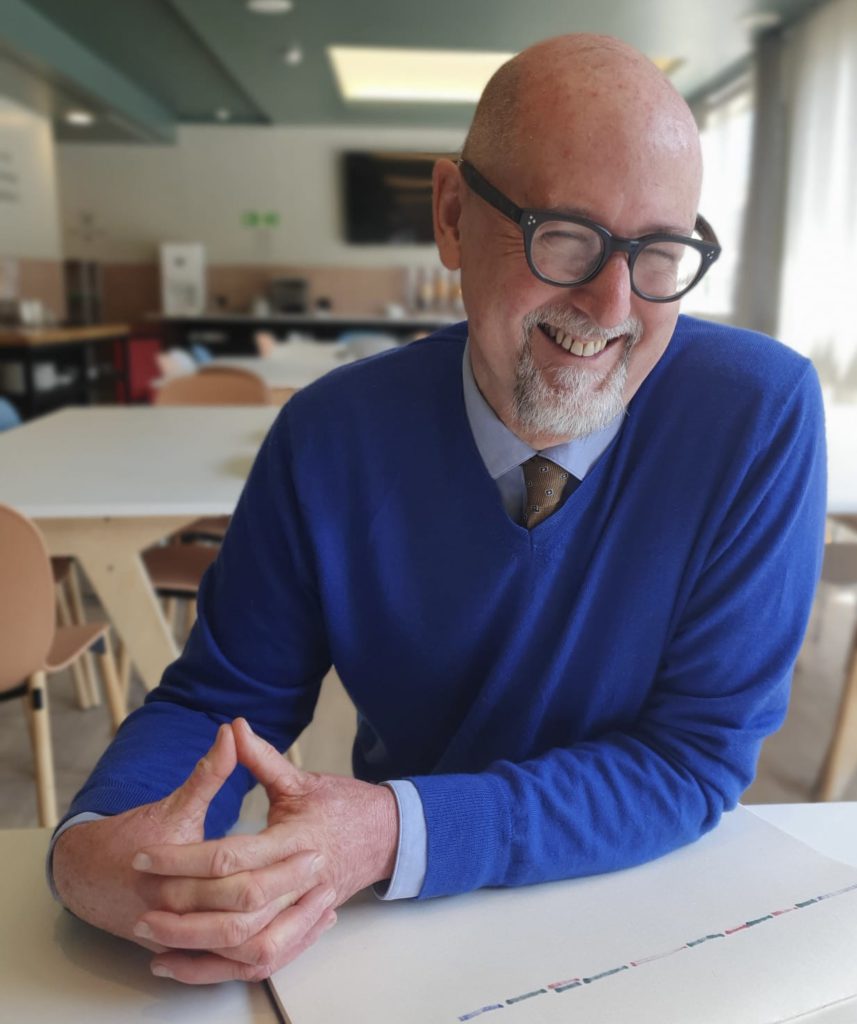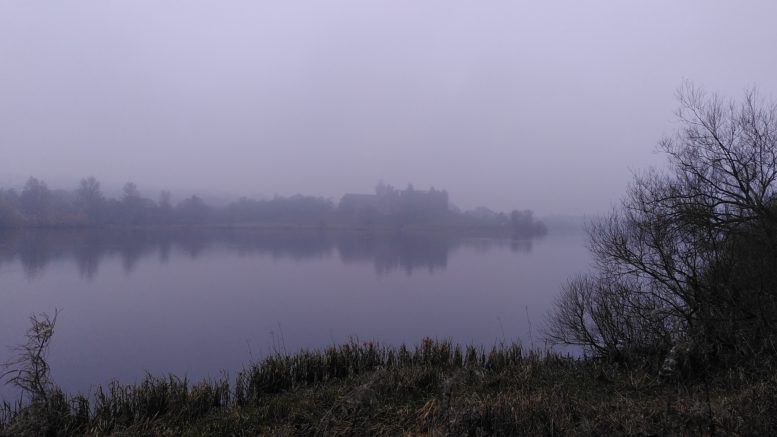Following our public panel discussion in October 2023 on inequality in Scotland, event attendee Neil Gilmour shared his thoughts on the event and the question.
I am a Scots optimist. So I attended the Futures Forum’s event on “How to create a fairer Scotland” on 3 October full of hope that a strong panel would have some great insights and ideas on how to start the journey towards a fairer, more equal, happier Scotland. Regrettably I then trudged home from the event stewing at an opportunity missed.
I had listened to lots of problems, some seemingly intractable (broken schools, violence plagued communities, rapacious corporations holding governments to ransom, social media distorting democracy) but heard precious little in the way of possible solutions or responses. Little about what we as ordinary Scots could do. Nothing whatsoever about the role communities might play. And no reference to success stories, Scots or otherwise.
I lived most of my adult life outside Scotland, working in countries like The Netherlands, Norway and Singapore which face, or have faced historically many of the issues discussed that Tuesday night. And tackled them successfully. And built fairer and more successful and happier societies.
So why not us? Are we not as clever? As innovative? As caring? As commercially savvy? And closer to home are there not already great Scottish examples that can guide us to this better future? And if these examples exist both inside and beyond Scotland, why was I walking home feeling so bad? Is everything broken? Is poverty so deep and intractable it cannot be addressed? Are post-industrial communities a near lost cause?
In thinking about what makes the biggest difference to the lives of ordinary Scots there are several obvious and fundamental big levers:
- Redistributive and fair taxation
- Good governance (UK/Scottish/local)
- Regulatory rigour (especially of the biggest impact players: energy, water, data)
- A fully funded NHS
- Excellence in education (including vocational training)
- High impact, energy efficient affordable housing and urban renewal
- Sustainable farming and fishing
- An ultimately net zero economy.
- Leveraging big “in house” capital levers, supply chains, building green jobs
And yet the discussion barely touched upon any of these. And when the panel did so it was largely along the lines of “the system prevents…” or “communities are riven by…” or “we cannot afford…”.
All good challenges but all implying we are too wee, or not smart enough, or too poor, or too divided to… That is not my lived experience outside Scotland (in three small successful nations) nor recently in Scotland when witnessing extraordinary talented committed people working in the voluntary sector in Edinburgh, in my local primary school, in small enterprises, in universities and in some of the bigger private sector organisations. So, what’s getting in the way?
I believe three big challenges are fundamentally unhelpful:
- A political culture (at UK/Scottish/local levels) that treats citizens and communities as an afterthought. This includes dysfunctional centralisation of power and appalling fragmentation in delivery.
- A policy culture which places greatest value on intellectual acrobatics over positive grass roots impact. This then completely ignores or devalues local practical initiative and delivery.
- Widespread disengagement and disillusionment at citizen and community level with all levels of government
In essence, the wheels of government may spin furiously but they are not meaningfully connected to the 5.5 million implementers. Compounding this is a culture where polarisation, mudslinging and grandstanding replace collaboration, listening and learning. “Wha’s like us” indeed!
Three fundamental changes could greatly help make Scotland fairer, more equal, and happier:
- We need to make the fundamental needs of all Scots the key policy and delivery focus for all our institutions.
- We must support and truly empower local communities to create their own better futures. They are the key “delivery machine”.
- We need to build collaborative delivery alliances across all key sectors. This is particularly challenging given the prevailing us/them culture and traditional silos.
I am all for proper diagnosis and honesty about where our issues lie (and some of them are very complex and tough to address). I am all for the Futures Forum trying to wrestle this “monster” and make recommendations to Parliament. But we are not going to change and improve the lives of the 5.5 million one iota by writing more strategy papers!
We will however give ourselves a fighting chance if every one of us can find a place in that better future and see a way to really contribute, individually, in our communities, in our workplace. Supported by systems and organisations and alliances that serve us, listen to us and act accordingly.
That is a very tall order indeed. But the alternative is regrettably as outlined that dark and dreich Tuesday night…!

My name is Neil Gilmour. I was born and brought up in Ayrshire and now live in Edinburgh. Having studied geology and geophysics I joined the energy industry and spend almost my entire working career travelling globally and working outside Scotland.
I decided to retire in 2020 and return to settle here with my family. It was a strange and challenging transition after so long away, but we are now really enjoying life here. I am an lifelong optimist about Scotland and its future, while recognising the big complex (and interlinked) challenges we have to urgently overcome together.
Scotland’s Futures Forum exists to encourage debate on Scotland’s long-term future, and we aim to share a range of perspectives. The views expressed in this blog are those of the authors and do not necessarily reflect the Futures Forum’s views.

